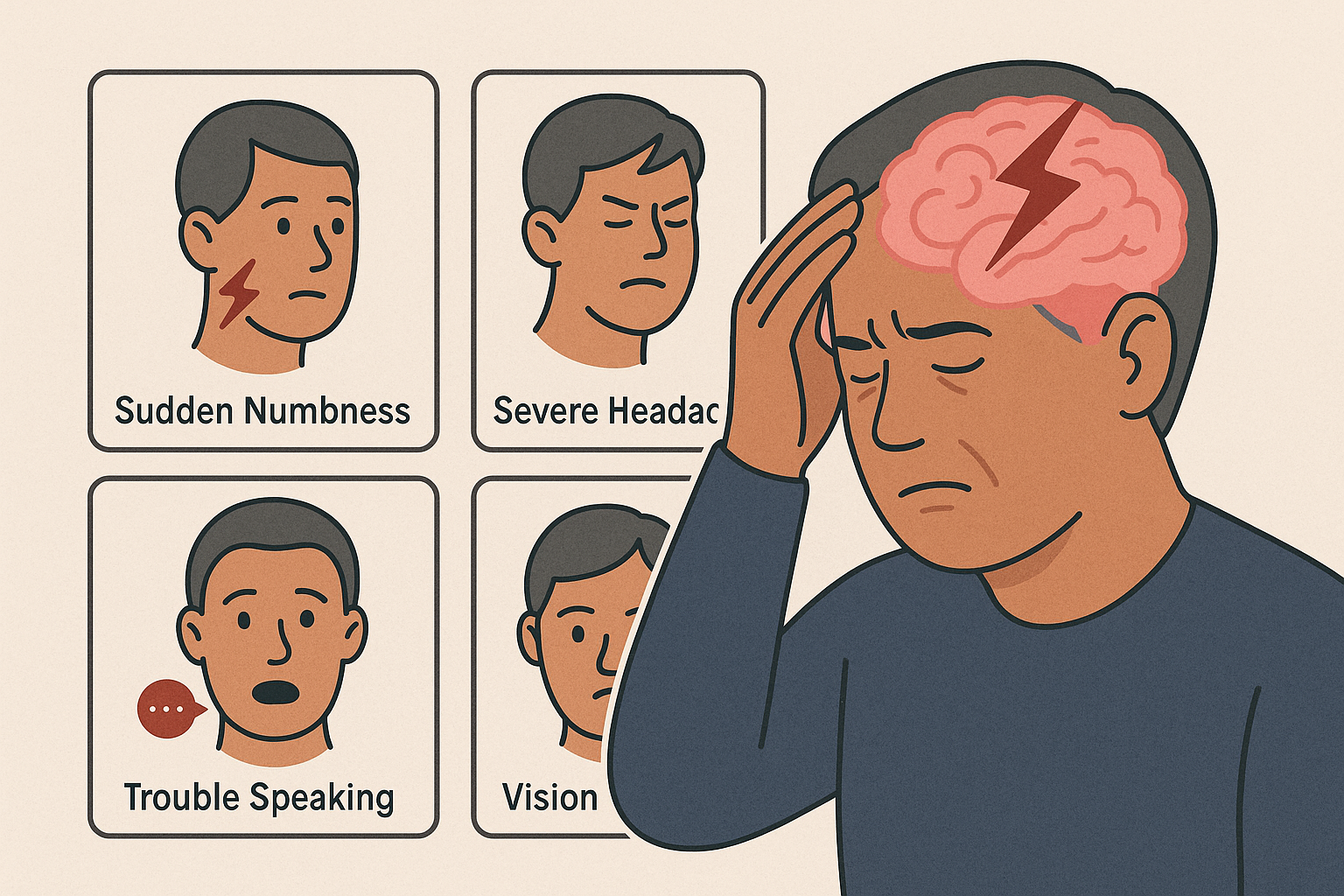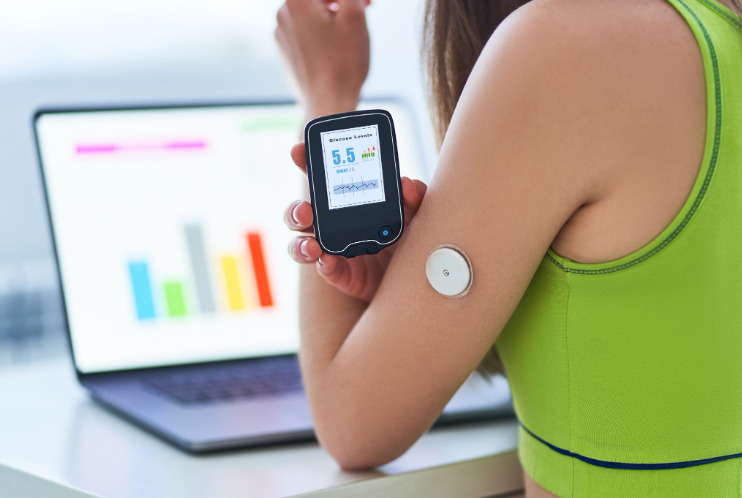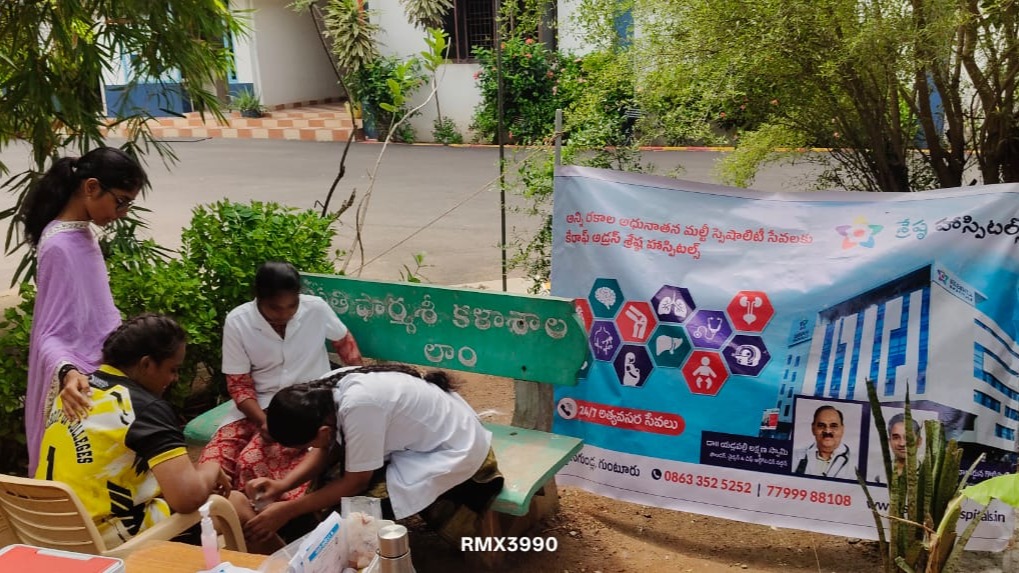Heart disease has long been seen as a condition affecting older adults. But in recent years, a concerning trend has emerged: young people in their 20s and 30s are increasingly experiencing heart attacks. At Sreshta Hospitals, one of the most trusted names in cardiac care in Guntur, we’ve observed this firsthand.
This blog explains why heart attacks are rising among the youth, the key warning signs to watch out for, and what steps you can take to protect your heart, no matter your age.
Why Is This Happening?
Dr. Nagarjuna Gottipati, Chief Cardiologist at Sreshta Hospitals, Guntur, shares his insight:
“The rise isn’t just genetic. It’s a lifestyle storm: high stress, poor diet, skipping checkups, and the illusion of youth keeping us from acting early.”
While genetics does play a role, most young adults who suffer heart attacks are affected by modern lifestyle factors, many of which are preventable.
Regular physical activity strengthens the heart and improves circulation. Aim for at least 150 minutes of moderate exercise or 75 minutes of vigorous exercise each week. Activities like walking, jogging, cycling, swimming, and even dancing can help lower blood pressure, manage weight, and improve heart health.
Leading Causes of Heart Attacks in Young Adults
Sedentary Lifestyle
Spending hours at desks or on screens with little movement weakens your cardiovascular system. Regular inactivity increases your risk of obesity, high blood pressure, and diabetes.
Poor Eating Habits
Fast food, oily snacks, and sugary beverages are now daily staples. These lead to high cholesterol levels, obesity, and insulin resistance — silent killers that strain the heart
High Stress Levels
Stress from academic pressure, work deadlines, and financial burdens increases the secretion of cortisol and adrenaline, hormones that, over time, damage blood vessels and raise blood pressure.
Smoking & Alcohol
Even occasional smoking damages arteries. Excess alcohol can weaken the heart muscle. Together, they raise the risk of clot formation and abnormal heart rhythms.
Sleep Deprivation
Regularly getting less than 6 hours of sleep can raise your risk of heart disease by nearly 20%. Sleep is when the body regulates hormones and blood pressure, essential for heart health.
Genetic Risks – Lipoprotein(a)
One of the least known yet dangerous risk factors is Lipoprotein(a) or Lp(a) — ahereditary form of cholesterol that doesn’t show up in normal tests. High Lp(a) levels can significantly increase heart disease risk even in fit individuals.
Common Symptoms of Heart Attacks in Young People
Heart attacks don’t always feel like a dramatic movie scene. Especially in younger people, symptoms can be subtle:
- Chest discomfort (tightness or pressure)
- Shortness of breath
- Pain in the jaw, back, arms, or shoulders
- Nausea or vomiting
- Dizziness or lightheadedness
- Fatigue without reason
- Profuse sweating
If you experience these symptoms, don’t delay. Visit our 24/7 Emergency Cardiac Care at Sreshta Hospitals, Guntur.
What Can You Do to Protect Your Heart?
Taking steps today can save your heart tomorrow. Here’s how you can reduce your risk:
- Exercise Regularly
Aim for 30–45 minutes of moderate exercise five times a week. Walking,
swimming, and cycling are excellent for heart health. - Eat a Balanced Diet
Focus on:
- Whole grains
- Fresh vegetables and fruits
- Low-fat dairy
- Lean proteins like legumes and fish
- Nuts and healthy oils (like olive oil)
Avoid: - Refined sugars
- Excess salt
- Fried and processed foods
- Reduce Stress
Make time for relaxation through meditation, yoga, or deep breathing. Find a hobby you enjoy. Your mind needs care just like your body. - Stop Smoking, Limit Alcohol
There’s no safe amount of tobacco. Even socially, smoking is harmful. Limiting alcohol can prevent heart rhythm problems and high blood pressure. - Sleep Well
Maintain a consistent sleep schedule. Your body recovers and repairs during sleep, including your cardiovascular system. - Get Screened Early
Preventive checkups can catch hidden risks. At Sreshta Hospitals, we recommend a Heart Health Checkup that includes:
- ECG
- Lipid profile
- Blood pressure check
- Diabetes test
- Lipoprotein(a) screening
Book Your Heart Screening Today
Expert Cardiac Care in Guntur – Sreshta Hospitals
Led by Dr. Nagarjuna Gottipati & Dr. Hemasundhar Korrapati, our Department of Cardiology provides:
- 24/7 cardiac emergency care
- Advanced diagnostics (ECHO, TMT, Angiogram)
- Personalized risk assessment
- Interventional procedures like angioplasty and stenting
- Rehabilitation and lifestyle support
Explore our full cardiology services
Heart attacks in young adults are not just medical cases — they are wake-up calls for a generation. If you live in Guntur and are under the illusion that you’re “too young” to worry about heart health, think again. Start with a checkup. Eat right. Move more. Manage your stress. And know your
Your heart matters — no matter your age.








